The following review of Netflix’s One Piece contains some mild spoilers for the first season.
When a live-action adaptation of One Piece was announced, I was skeptical of it to say the least. It wasn’t just because of the spotty executions that live action anime adaptations have received in the West, but also because of Netflix’s track record with trying to capitalize on the market. Many anime fans like myself still remember the stain that was their Cowboy Bebop attempt. Still, as a lifelong fan of the series, I was willing to give it a shot and while Netflix’s attempt is by no means perfect, it’s at least a competent effort that is bound to at least entice a few people to invest in the far superior anime or manga.
The series follows Monkey D. Luffy, played by Inaki Godoy, a young pirate who sails from a tiny village by himself to become what’s known as the King of the Pirates. To do so however, he needs a crew and spends the majority of the first season traveling from island to island procuring the friends and supplies he needs, encountering various outlaws and Navy officials that get in his way, and exploring the dangerous sea known as the Grand Line. But Luffy always manages to face his adversaries with a huge amount of optimism, and a strong group of friends to support him.
The biggest question hanging over this adaptation of One Piece was exactly just how much of the source material would be changed when transitioning to live action, and the answer is mixed to say the least. While a lot of the big moments are preserved, many minor character beats and moments are either altered for no reason or just outright removed. It becomes more noticeable as the first season progresses across its eight episodes, but some of these decisions are for the better, like uniting Luffy, Zoro, and Nami quicker. Other decisions raise red flags of exactly how the series will develop if it gets future seasons due to how intricate and layered the plot eventually becomes, but that doesn’t really factor into the enjoyment of the first season. At worst, it comes across like a Cliff Notes version of the story, which truthfully will be unnoticeable to newcomers, but may annoy fans expecting a more faithful adaptation.
Those iconic moments from the series are portrayed well, mostly thanks to the casting of the Straw Hat Pirates. Series creator Eiichiro Oda was correct when he said that Inaki Godoy is Luffy. His simplistic energy is evident from the very first scene, and he convincingly depicts one of the most beloved Shonen protagonists of all time. Emily Rudd and Jacob Romero Gibson, who play Nami and Usopp respectively, also have fun with their roles and really sell the dramatic and comedic moments that both characters have in their early appearances. The same can’t be said for Sanji and Zoro’s actors. Sanji’s actor, Taz Skylar, does a fine job with what he’s given, but his introduction and characterization are rushed through so the show can set up its season finale. As for Mackenyu, who plays Zoro, he comes across as bored and annoyed instead of aloof, turning what should be a badass character into a snarky afterthought.
At times the pacing of the show can be almost haphazard. Since we need to establish so many characters in so little time, flashbacks are thrown in at random places. Sometimes they work, like when Sanji relays his backstory to the crew after an argument with his mentor, while other times they’re clunky, like seeing Zoro’s backstory lodged into a set piece where other characters are engaged in a tense game of cat and mouse that he has no part of. Even then, those moments may be interrupted by an original subplot unique to the live-action series that does little to impact anything other than reinforcing that Luffy is a good pirate and not evil like the ones he has to fight.
Speaking of, the antagonists are a mixed bag. A significant amount of time is dedicated to Arlong, a Fishman played by McKinley Belcher III, who has been fleshed out into the main villain of the entire season. Despite the early tension and menace surrounding the character in the first few episodes, he only really shows up at the end of the season. He’s less of a final boss the crew has to face after overcoming challenge after challenge and more like another villain of the week for Luffy to fight against. Praise does need to be levied at Buggy the Clown, played by Jeff Ward, who is a foul mouthed and eccentric enemy that I loved to watch. At times he plays the character like he’s Jim Carrey from The Cable Guy, but I will gladly take that manic energy instead of the nightmare fuel his visuals inspire.

Image via Netflix.
While we’re on the subject, I should probably talk about the elephant in the room, that being the presentation. The series has an exceptionally large budget and at times it’s very impressive. The scenes aboard the Baratie are a highlight as the ship’s intricate design are wonderfully realized in live action. Other times it’s feels like you’re watching a discount Pirates of the Caribbean movie with sets that are very confined and limiting. Plus, the color palette is dull, with a majority of the shots being tinged in what I can favorably describe as “piss yellow” or “fecal brown.” The only colors that pop are on the main cast, each of whom have a specific color associated with them, making them easy to look at when compared to everything else.
But something the show doesn’t really want you to see are its special effects. While the prosthetics that make up the Fishmen are fine once you adjust to how much the show commits to making them look like humanoid fish, the CG effects for Luffy’s Gum-Gum powers are primarily hidden through cuts and off-camera action. When the show absolutely has to show it, it never looks natural and is always framed in the worst way possible. While that isn’t really an issue for these early arcs, if the show was to continue, I struggle to think how it will handle more outlandish powers, like when people start to morph into animals or swim through solid surfaces.
For all of its efforts though, Netflix’s One Piece is just never able to replicate what made the source material so fun. Like it or not, One Piece is oftentimes a stupid and goofy comedy with some well-done dramatic moments. While Netflix does a decent enough job at bringing those dramatic moments to fruition, a lot of the comedy of the show is lost, and it’s too serious for its own good. If an adaptation is measured by how accurately it captures the mood and tone of the source material, then Netflix only did a passable job. It gets to the point, where as someone who knows the series from front to back, I found myself bored by a lot of what I was watching.
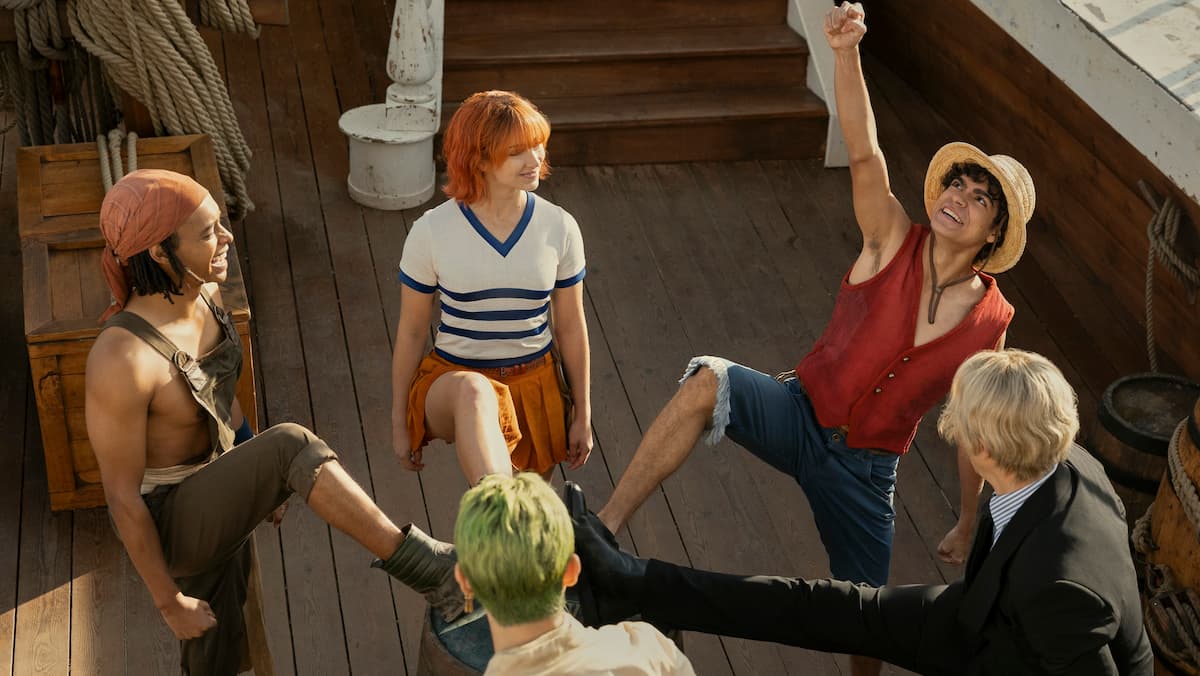
Image via Netflix.
But I know I’m not the target audience for this. This is primarily meant for people that have never seen the show, and if you know nothing at all about One Piece, you’ll probably enjoy what’s here quite a fair bit. I don’t think it fully captures what makes the series so good, but then again, the show is still young and there are plenty of chances for future seasons to really hone in on refining that tone. There are plenty of hints and seeds that have been planted about what a second season would cover, and I’d be interested in seeing what comes next.
Netflix’s first season of One Piece isn’t the masterpiece that some are making it out to be, but it’s nowhere near the disaster that I think some were expecting it to be. It’s a decent first effort that has the potential to improve. Whether or not Netflix decides to fund a second season is still undecided at this point, but the cast of this show is strong and the pivotal moments from the early parts of the series are done well despite the weird pacing and unnecessary changes that were made to get them on the screen. Think of it as a remix of the early days of One Piece. If you do, you’ll probably enjoy yourself well enough before inevitably reexperiencing the series in anime or manga form. And if you’ve never seen One Piece before, this is a pretty solid way to dip your feet into the franchise.

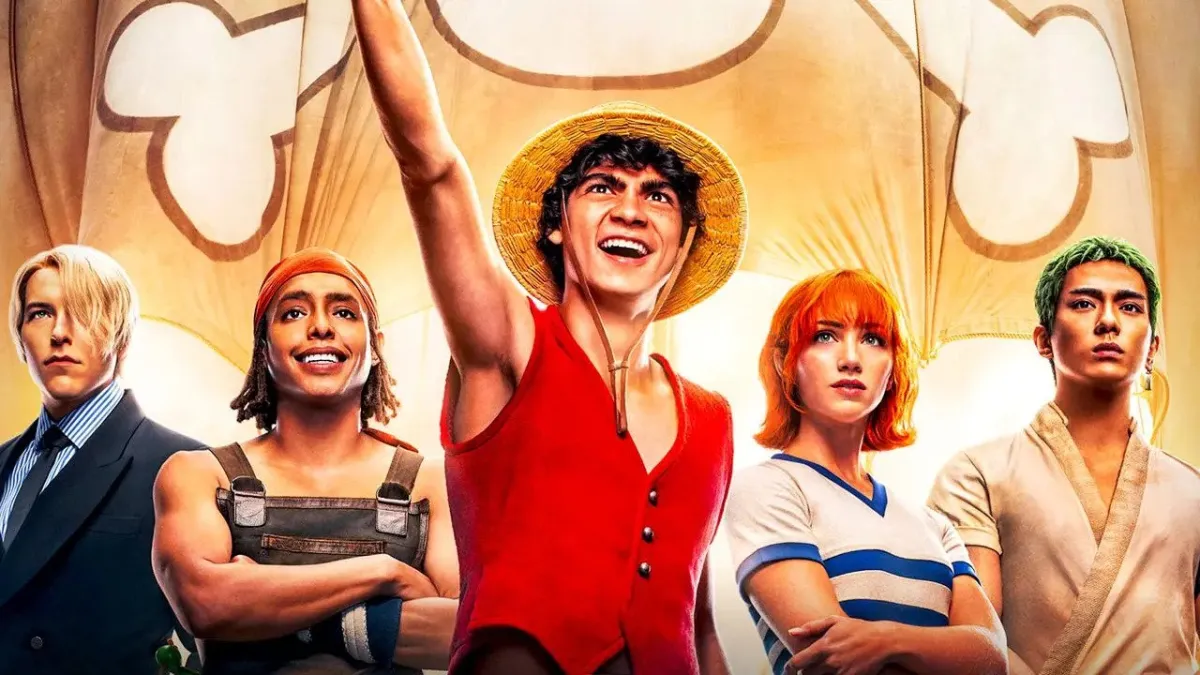

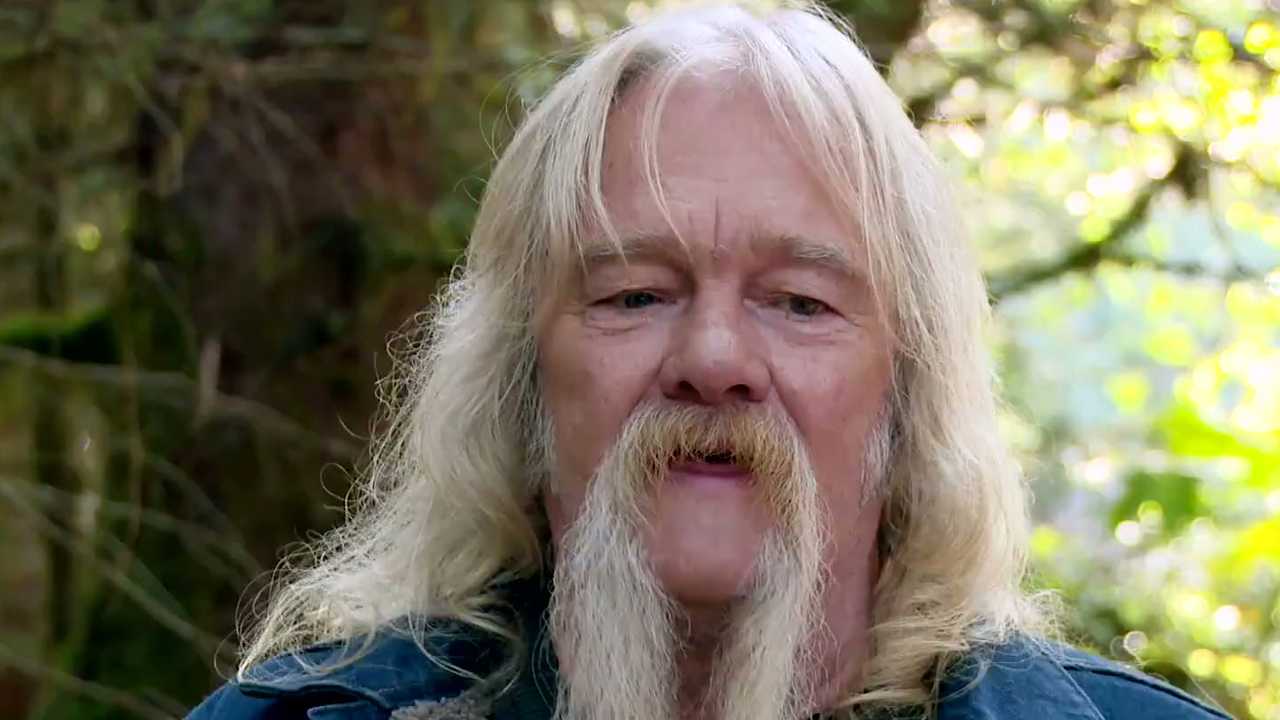
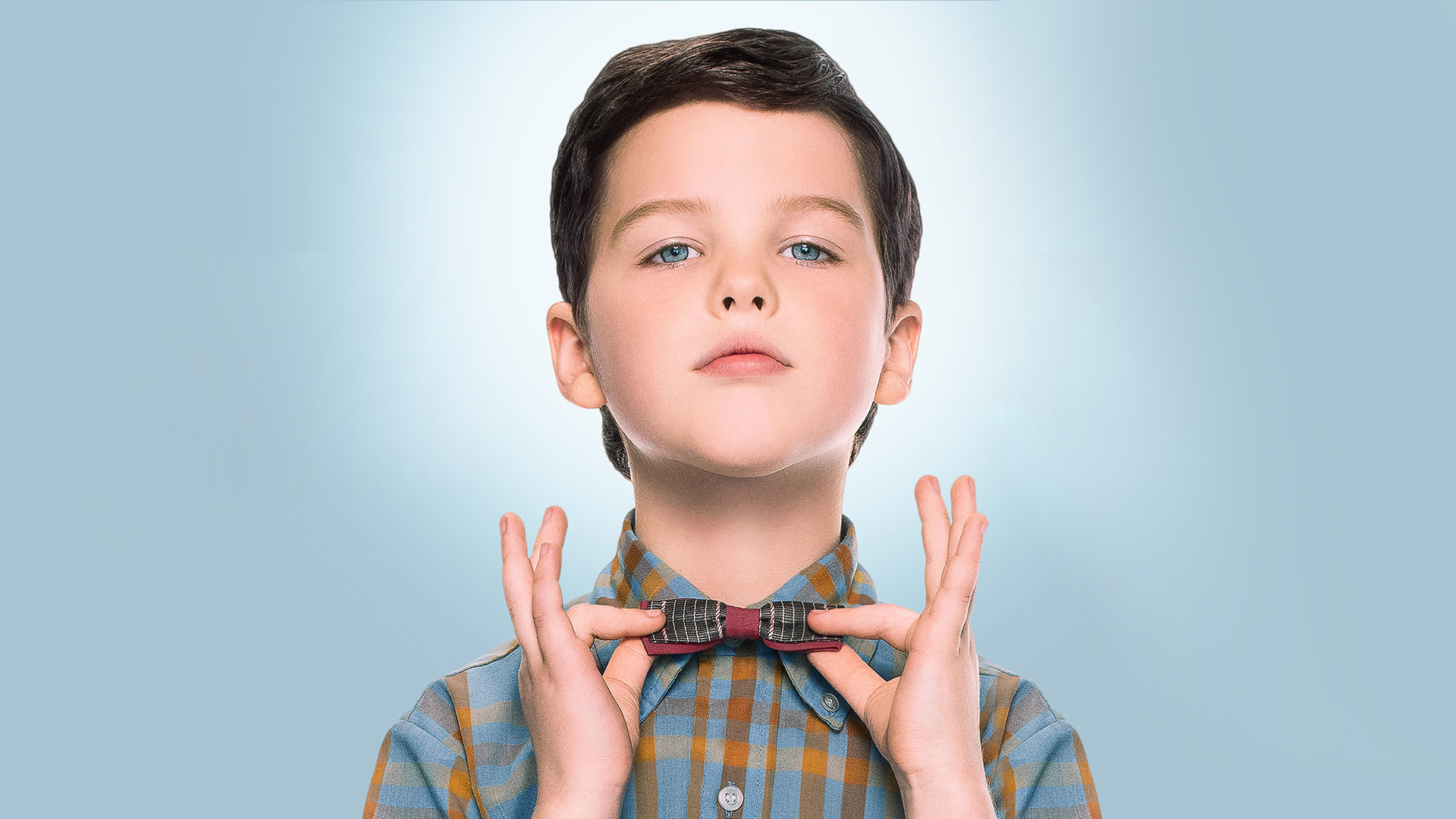
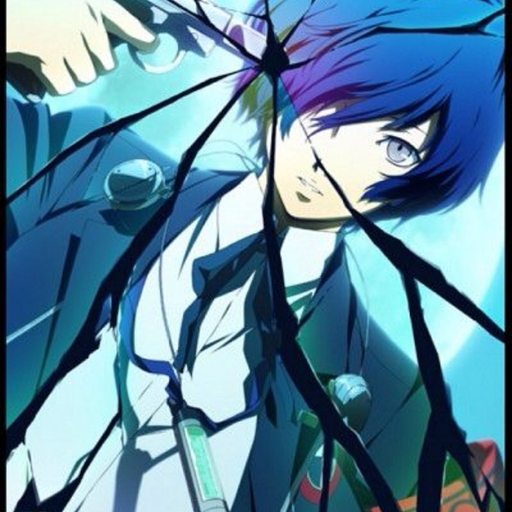
Published: Sep 1, 2023 04:55 pm